Moving to Norway is a desire that many people share. This post shows how to move to Norway and 30 things to know before living in Norway. The post will also give details on the various Norwegian visas that are available and how to apply for them as a citizen of various countries.
This was originally written in 2013 and has been updated regularly since (latest update is February 2020).
In this post...
Living in Norway: 30 Things To Know Before Moving to Norway
I spent four years living in Norway… a fantastic Scandinavian country that is as desirable as it is frigid. To be honest, it was one of the greatest periods of my life and I really loved my life in Norway, even if the adjustments were sometimes harsh and difficult.
As I have moved around to various places since I look back on my time in the north and realize that it was the easiest place to adjust to as an American. While the Norwegian immigration process can be a bit stringent, it was worth it to say that I called the country home for a few years.
This post discusses how to move to Norway, applying for a Norwegian visa or permit, what it is like to live in Norway, and thirty things to know before you make that move.
I did this as a collaborative post with Inspiring Travellers and you can see the link to their 15 things to know before moving to Norway at the end of the post! Be sure to click it to read their thoughts as they spent time living in Stavanger.
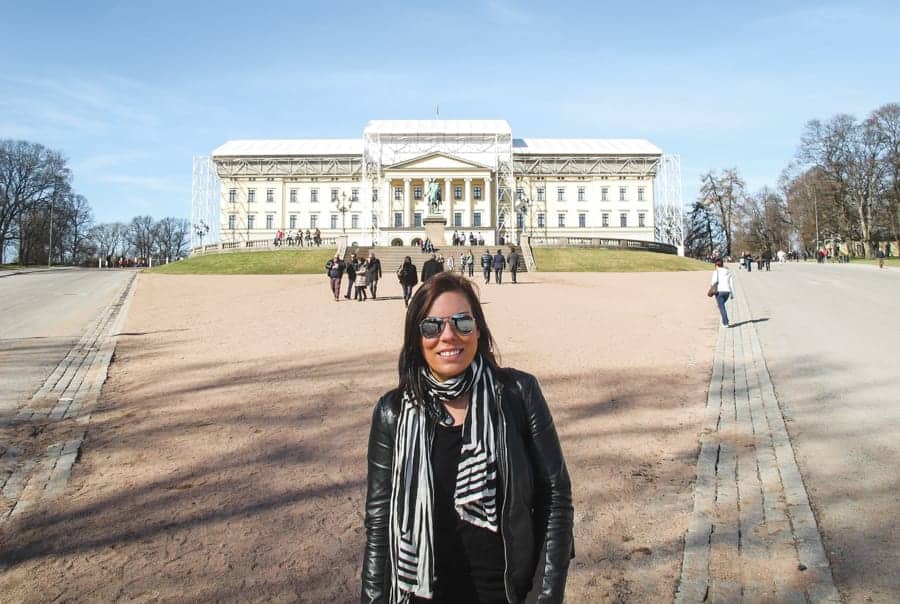
What to Know Before Living in Norway
There are so many things to know before relocating to Norway. I spent quite a few years living in Norway and this post discusses things I think you should consider before making the move.
From food quality to salaries and beyond, here are 15 things I think you should know before migrating to Norway (the other 15 can be found at the very end of this post).
Allemannsrett
The beauty of Allemannsrett is that this ‘law’ means that you can pitch your tent or hike anywhere in Norway. Granted, you can’t pitch a tent in the middle of Frognerparken in Oslo’s center, but anywhere out in nature or mountains that are not private property is an absolute go.
I can’t tell you how much I love this right and how I think it should exist everywhere in Norway! Hotels and hostels aren’t cheap in Norway, so this gives travelers and locals another way to be out in nature at an affordable cost.
While I never took full advantage of this, it still is something I brag to others about whenever I speak about my time living in Norway.

Norwegian Salaries
I constantly hear from Norwegians, even when irrelevant to a conversation, “We are so lucky to get paid so well here…that is why everything is more expensive.” This is not always true. Granted, a housekeeper or retail shop worker gets paid drastically more than in the United States. But skilled workers with education don’t always make more living in Norway.
One key exception is teachers. Teacher salaries in Norway are much better than in North America and that is a real shame (for North America). There are other careers that are valued more in Norway than in the US and other countries.
I, personally, never made the same amount of money in Norway as I would have in the US. And the taxes are much higher in Norway. On the other hand, medicine is socialized and many other amenities are taken care of, so it all evened out in the end.
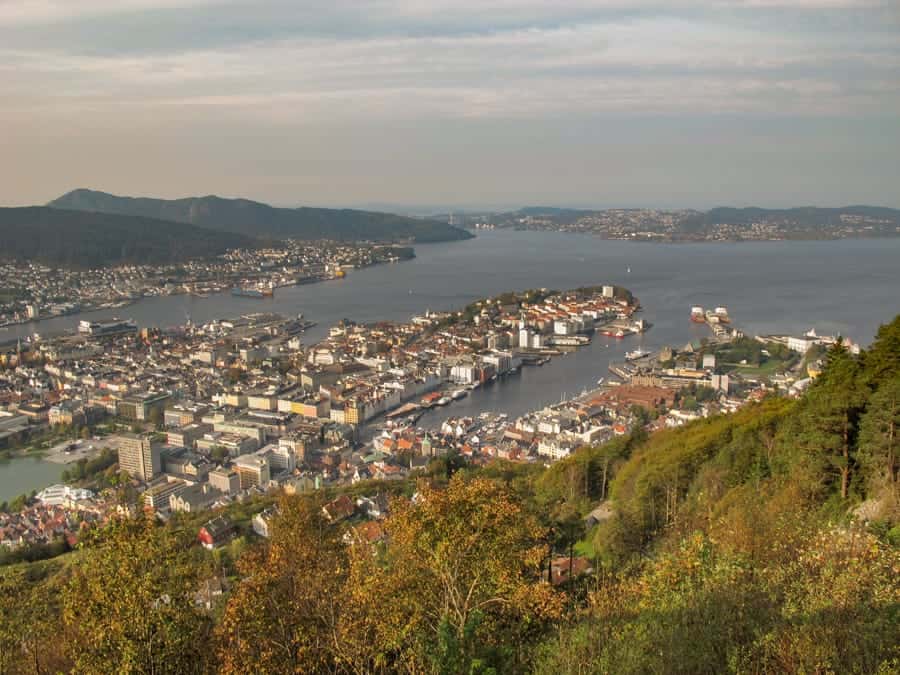
If you look at the OECD Better Life Index, you will notice that based on disposable income, the average American makes astoundingly more than the average Norwegian per year.
This takes into account a lot of the wealth gaps (to my surprise, there wasn’t as large of a difference between the countries as I anticipated). And with the cost of living being so much lower in the US, your money will go much further than it would in Norway.
This is hard for people to see… especially since many jobs (engineers, for example) are in much higher demand in Norway than they are in the US or other countries.
So while you may get paid very well to be an engineer in Norway, that does not mean that you won’t get paid equivalent or higher in another country… they just have the demand for it in Norway at the moment.
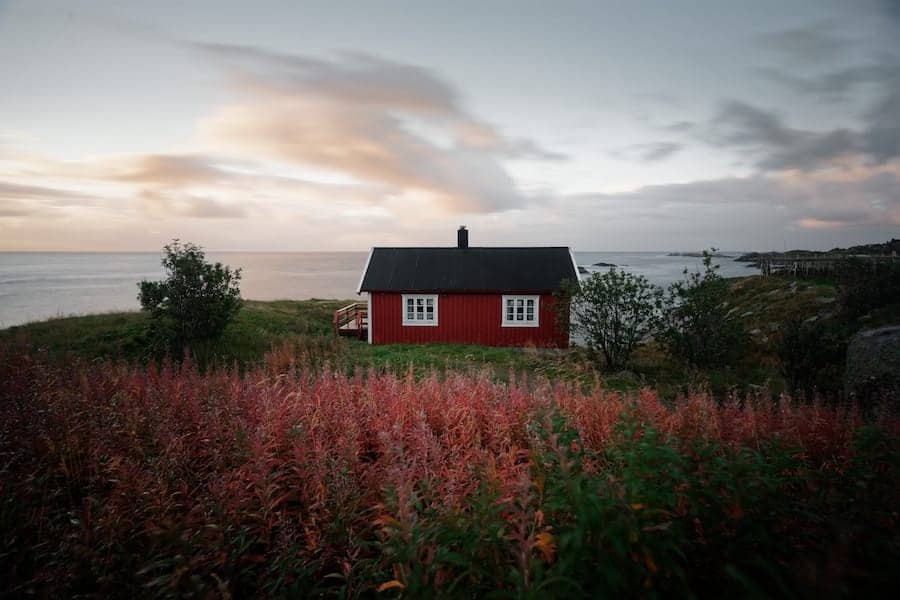
Everyone is given a new tax card each year
They are supposed to come automatically, but sometimes you have to order them if you don’t receive them on time. What happens if you don’t turn yours in or are in between the processing of visas and can’t receive one until the visa processing is done?
You are taxed at 50%. I am experiencing this right now and trust me, it is BRUTAL. I’m told I’ll receive a lot of it back when tax time comes. Fingers crossed. (Update: All was sorted in the end).
Norwegian taxes are automated
Taxes in Norway are included in the actual price of the goods. While this leads to a lack of transparency, in my opinion, it makes shopping easy. And, your annual taxes are pretty much automated. No H&R Block involvement. Amazing.
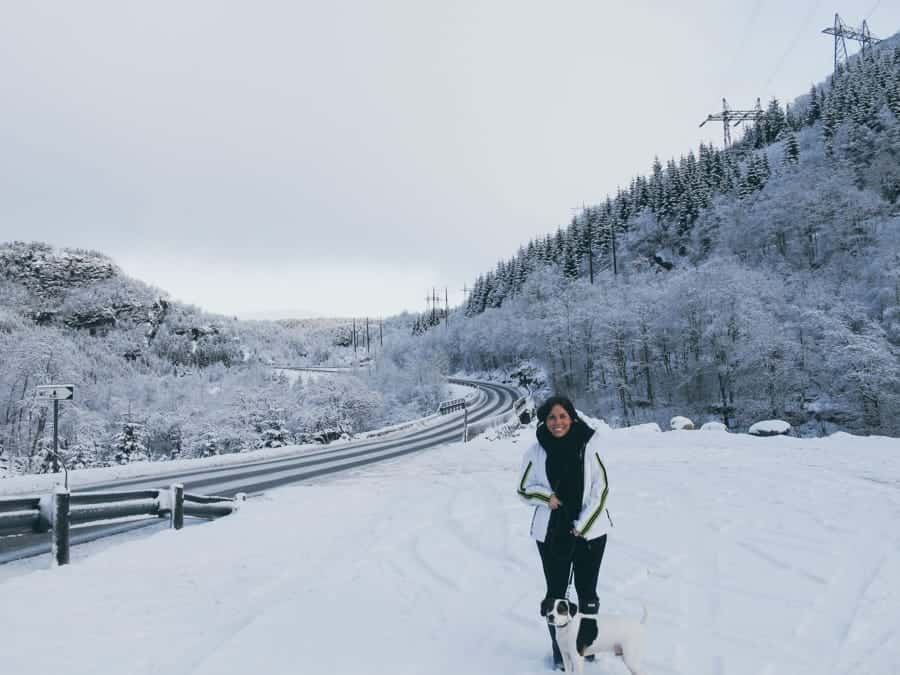
Food quality is poor or limited
Since Norway is not part of the EU, they don’t have the same amount of imports as grocery stores in Sweden, for example. And what you do get in the grocery stores is usually rather poor quality. I can’t tell you how badly I miss Trader Joe’s or Whole Foods.
Luckily, if you’re in Oslo, the Grønland markets can provide you with your foreign needs, at a lower price, and often, with better quality. Many stores have opened in recent years that are helping solve this problem, in addition.
Don’t let Kiwi’s produce guarantee trick you into believing their quality is superior to any other store’s. I will mention that I have seen drastic improvements in food quality since I moved here.
Perhaps the TV2 programs about the poor quality have helped? (Again, this was written in 2013 and has likely changed a bit- I no longer live in Norway, so I have no idea!)
Things that are better in Norway than many other places? Chocolate, berries (they will blow your mind!), bread, and many other foods. Try to buy seasonal produce.
Also, do note that if you’re visiting other parts of the country like Tromso or parts more remote that the situation could be different!
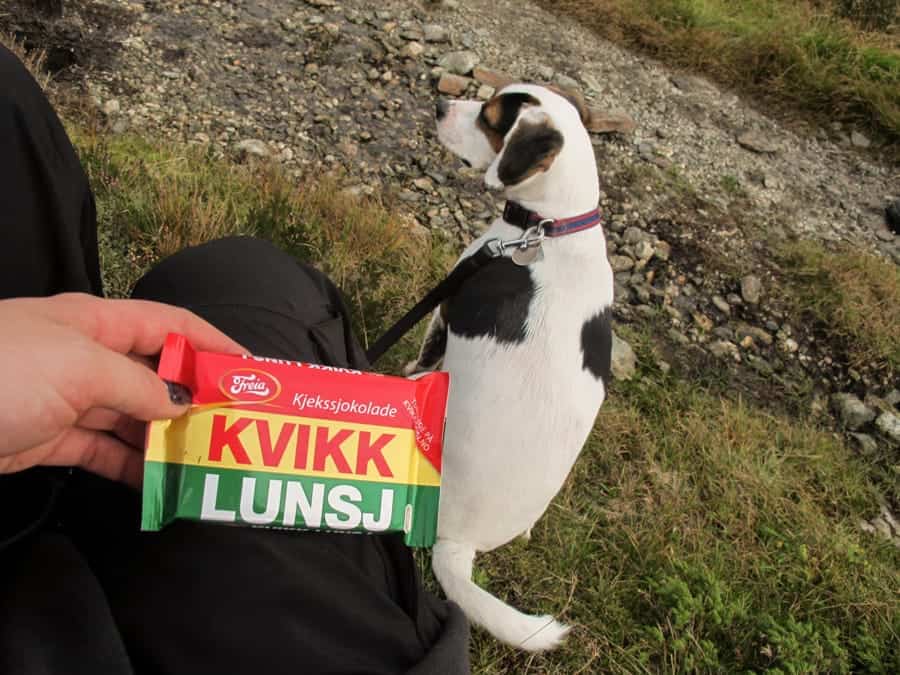
Norwegians don’t complain
And if Norwegian people do complain, it is very rare. So, when you do have a legitimate complaint with a company or its services, you will shock the lower-level employees because they don’t experience this often.
I purchased a sofa from Bohus here in Norway and had some delivery issues with it (it was going to be months late). I was upset, naturally, and called to complain.
The employee who received my phone call was so confused about what to do or who to escalate the call to that I think I frazzled her for days.
Luckily, the problem was resolved in a professional and timely manner and I ended up having a superb customer service interaction with Bohus.

Norwegians think they complain… I just want to advise them to move to Germany where complaining is an art form and then they will see how easy-going they truly are.
Americans love a good complaint too, even if we don’t do it directly to your face.
If you can’t find it in Norway… it might be banned
The Norwegian government is notorious for banning things. One of my favorite Yogi teas is banned here. I didn’t discover this until my friend who works for customs and tolls here informed me that that is why I am unable to find it but can find every single other Yogi tea here.
Red Bull was banned here in recent years, in fact, due to caffeine levels.
A 12oz Red Bull has less caffeine than a cup of coffee. I think it was probably banned for other reasons, maybe like its ability to lead someone to a slow death, but the government just told the people it was caffeine-levels related.
But on a general note, if you can’t find it… before you go to extreme measures of trying to have a grocery store import it (which I have done), find out if it is even allowed in the country at all. There may be a reason you can’t get it here.
Shipping products into Norway is no easy feat
Since Norway is not part of the EU, many places abroad won’t ship here. I don’t think it is that they don’t want to, but many people assume that Norway is actually part of the EU.
I have found that you can often get an exception made by speaking with managers, but there have been times I was unable to get that permission granted.
In addition, you have to pay tolls and customs on products shipped to Norway that are over about a $40 (give or take depending on currency exchange at the moment).
These taxes can often amount to more than what you paid for the product in the first place, depending on what it is. So I have given up shopping online from abroad. While I became bitter about it, it actually saved me a lot of money in the end and forced me to not buy things I didn’t need, so I am semi-grateful for it.
You can calculate tolls and customs costs here.
Healthcare in Norway
I actually never had a chance to experience healthcare in Norway. Not a single time (my dog went to the vet a few times if that counts). This is obviously a good thing. I only know what I watch on the news or have experienced with others.
Vision and dental are not covered. The healthcare itself is very basic and does not include holistic approaches or natural forms of medicine (chiropractors included). Many of the hospitals look like they were built in 1903 but others are very modern.
On the contrary, everyone is entitled to coverage here. I have found that healthcare here is more expensive for me at this point in my life than what I got in the US because I’m healthy and have no chronic issues.
But, if you’re chronically ill or have an ongoing ailment, this is the country for you.
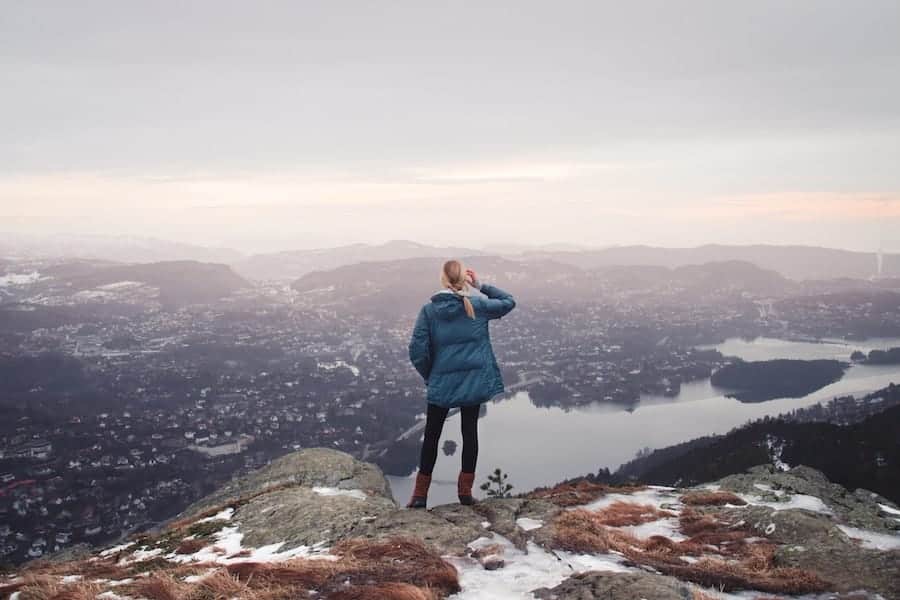
Every time you go to the doctor, you must pay around $40, in addition to the medicine you’re prescribed. But, once you hit your cap (I want to say it’s around $500ish), everything is covered for the remainder of the year.
The medicine in Norway is socialized and comes out of your taxes so you never see it in the first place.
One thing I do notice a lot due to my watching and reading the news here is that a lot of the equipment and practices are extremely out of date.
I just saw a situation with a boy having to travel to Germany out of pocket because the heart procedures he was having done were from the 1970s and doing more damage than good.
He could have benefitted from a solid international health insurance plan, but having to travel that far for a procedure can give added stress.
A lot of what is done here is out-of-date, and not just in the field of medicine. Healthcare in Norway is always evolving, usually for the better, so I think the pros of the system far outweigh the cons. Especially for an American moving to Norway.
Banking in Norway is awesome
I love the banking system in Norway. Everything is done easily and online, which is the same as the States, but transferring money amongst people is significantly easier here in Norway. Of course, I’m not sitting in a country of 325 million people… but instead 5 million people which is far easier to manage, but still.
I can just type in someone’s bank account number and the money sends, regardless of which bank or establishment the person is banking with.
Bank account numbers aren’t a private thing here. If you owe your friend $20, you can just transfer them 100kr over the internet. Banking in Norway is so efficient and easy that it makes me sick.
Feriepenger in Norway (Holiday Money)
Everyone in the world thinks that Norway gets a month of vacation during the summer and paid to not work. Well, this is very wrong.
I, believe it or not, got more vacation time with pay in the United States than I do here in Norway. You see, the month Norwegians are mandated to take off in July, is unpaid. Many jobs and offices close down so you’re forced to not work.
While this is conceptually a nice idea, it sucks for those who need the money and desire to work through July.
The way people are able to afford a month off without pay is because their company withholds money from the workers’ paychecks every month the year prior and gives them a nice, lump sum of money in June of the following year, aptly called feriepenger.
There are reasons I both like and dislike this method. I like it because you get a month of vacation off. I’m a traveler at heart and will happily take off a month unpaid if given the chance.
I also like that someone else is kind of managing my money because I’m lousy with money.
I dislike it because depending on the job, you are forced to take off even if you need the cash and want to work extra. I also dislike it because it is in July.
Who really wants to leave Norway and travel abroad at the height of Norway’s most beautiful and tolerable season? Give me a month off in December or January and I’d have a more positive response.
Also, if it is your first year at a job, you don’t receive feriepenger. So basically, you get to take a month off unpaid.
Conformity in Norway
I haven’t talked too much about this in previous posts but really should have. This is the absolute most conformed place I’ve ever been in the world. The girls all dress the same. And if someone claims they have their own style or is an original, this simply means they just have a different color of Converse sneakers than their friends, who will undoubtedly all own the same white high-top ones. (Update- I don’t think people still rock the Converse in 2019).
If a trend catches on here…watch out. The summers are filled with girls in unflattering mom-like jean shorts, solid color t-shirt, long, straight box dyed blonde hair, and Converse white high-top sneakers.
In the winter, it is all about the Canadian Goose parka (whether it be real or a knockoff) with a fur-trimmed hood. The guys are not much different when it comes to conformity, but it is easier for me to notice on the females than the males since I’m a female myself.
Aside from style, you will also notice conformity in other manners. Skiing is another example. I understand this country is made for skiing and quite frankly, there is not much else to do here, but I swear, everyone does it. There is not a lot of variety when it comes to sports.
Sure, you have gyms and some indoor soccer centers, but pretty much just everyone skis. I guess I should have bought a pair of beginner skis when I moved to Norway and caught onto things but kids zooming past me was not something I wanted to witness and it would have crushed my pride!
A lot of what was mentioned above was pertaining to when this post was originally written in 2013. I am sure there are different brands being rocked now and that there is a movement toward individuality. I still travel back there frequently and I am noticing subtle changes.
Everything costs money in Norway
Wanna play tennis? Good luck finding a court that you don’t have to pay for. Own a TV? You must pay yearly taxes on it. Fortunately, recycling is free. So is hiking and enjoying the outdoors. There are many things to do in Bergen that don’t necessarily require money, fortunately… so long as you like nature.
Norwegians are masterminds when it comes to saving
Americans could use some tips on this. While I think many Norwegians buy and build homes way too young without much money in the bank, the majority seem super good at saving. It boggles my mind and I really need to start learning from them.
Traveling in Norway takes time and patience
Public transportation in Norway deserves a huge thumbs up. It is incredible. But you know those beautiful fjords? They make getting places kind of a nightmare. Some of my favorite Bergen day trips ended up as overnighters as a result!
Places that should really only take two hours to get to often take five hours to get to because one has to take the long way around the fjord or wait on a ferry to get across.
Don’t let maps fool you into thinking places are closer than they are. These kinds of situations tend to happen more in western Norway than on the east side.
Transportation in Norway is expensive. Even when I think I am getting a hell of a deal… I’m kind of getting screwed over. To go round trip from Oslo to Bergen (7 hours) via train with the absolute cheapest ticket possible is still over $100. For a 2-minute ride on Oslo’s public transportation system…you will pay around $5.
The ‘Flytoget’, or airport train, from Oslo’s international airport to the city center will run a person 170kr, or $30. EACH WAY.
There are ways to avoid this, but the average traveler or person new to Oslo doesn’t think about it when they step off of an airplane here. Again, these are 2013 prices and have inevitably been adjusted with currency rates since.
So, You Want to Live and Work in Norway?
Is Norway the right country for you? Have you done proper research? Have you given thought to the changes you will need to make to successfully move to Norway?
There are so many questions to ask before uprooting yourself to Scandinavia. I advise making a list of everyday things that matter to you and things that don’t matter as much. See where Norway fits in this all.
I like to go out and socialize and drink with friends. I don’t care about family or schools at this point in my life. So, perhaps Norway was not the best country for me at the time as I was going out and paying expensive bills but could not take advantage of how wonderfully the country treats children and families.
Everyone is different- just do your research to ensure Norway is a great place to live for you.
How to Move to Norway
Now, the part you have been waiting for. I know you’re asking yourself, “How can I move to Norway?” This next part details the visas available as well as some how-to information pertaining to becoming an expat in Norway.
Types of Visas to Live in Norway
Family Immigration Visa Options
In general, there are two types of Family Immigration Visas for Norway. Family Reunification, and Standard Family Immigration. In almost every case, there is an applicant and a reference person. The applicant is the person that applies for the visa, and the reference person the one that sends a written invitation to the applicant.
Spouses and registered partners
When you’re applying for this type of permit, you must have valid ID papers. Passports are universally accepted and they’ll be fine in almost every case. It’s important for the couple to prove that they have plans for living and working in Norway and that their marriage has to be valid in their home country.
Cohabitants in Norway
Norway supports visas for couples that aren’t married. The prime requirement is that both have to be at least 24 years of age and they have to have plans to live and work in the country. Proper identification is required as always, and in some cases, the couple might need to prove when and where they have lived together previously.
Fiancee Visa
It’s very important to know that this permit is not required to get married in Norway. However, those that apply for it have to prove that the marriage offer is genuine and is not merely a matter of convenience.
When the couple marries, the applicant needs to apply for a family immigration permit before this permit ends. In the case of the marriage not happening as planned, the applicant needs to return to their home country.
There are several other types and stipulations on how to get a visa to live in Norway based on family reunification, but these are some of the most commonly asked scenarios on my site, so I felt compelled to include them. You can see additional information here.
Become an Au Pair in Norway
Young women or girls between the ages of 18 and 30 can apply to be an Au Pair in Norway. The purpose of the stay must always be a cultural exchange and improving language skills, while the au pair helps around the household with light tasks, as well as help with taking care of the children and pets.

The au pair must either prove that they’ll be going back to their country after their stay or at least their circumstances must be highly likely that they’ll return.
The au pair is not allowed to work for another family, but will be entitled to holidays, insurance, and travel compensation by the family. The maximum time a person can live in Norway as an au pair is two years.
Study in Norway (and Visa Types)
The visa for studying in Norway also grants a permit for working half-time, or 20 hours per week, while studying. However, during the holidays you are permitted to work full time. This type of visa is only required if the applicant will be studying in Norway for longer than three months.
When studying in Norway (or even getting a job in Norway), you must have your education and transfer credits approved by NOKUT in several circumstances. You can do that on their website here.
Go to University in Norway
You can only apply for this permit once you’ve been accepted at a university. For it to be granted, you need to have finances to live in Norway on your own.
They don’t have to be only personal funds as you can also use student loans. The chosen school must also be approved by NOKUT.
Upper Secondary Schools and Vocational Schools
This permit is very similar to the one for college or university. However, there are three different ways a person can apply for this permit.
You can have an offer to study at a school that has partnered with a country or a non-profit organization, to attend a baccalaureate study program, or to attend a sports or art academy.
Folk High Schools
This is a visa for specific Norwegian folk high schools, which lasts for a year. It can’t be renewed after it ends, but it won’t be granted at all if the person has attended a religion-based school in Norway before.
Bible School in Norway
Applying for a bible school in Norway is very similar to applying for a folk high school. However, the school needs to be approved under the Adult Education Act, and the only way to check that is by contacting the school directly. This visa is also valid for only a year, and it won’t be granted if you’ve studied at a folk high school before.
Working in Norway
To apply for a work visa for Norway, a person generally needs to be either offered a job in Norway or have their own business.
However, there are multiple types of residence permits for a skilled worker. For each type, the applicant is required to pay their application fee and have the corresponding education. For almost every permit type, your family can apply to move to Norway with you.
Skilled Worker with Employment Offer in Norway
If you have a concrete and specific job offer from a Norwegian company, you can apply for this visa. In almost every case, the offer needs to be full-time, but sometimes the application can be accepted with only 80% of weekly hours. In some cases, it might be necessary to prove that you have the qualifications.
There are some jobs that require recognition from bodies of authority. These are for positions like that of health personnel, etc. For these specialized types of jobs, you would need a license from the Norwegian Directorate of Health.
Self-employed persons with a company abroad
This visa is reserved for those that have their own business outside of Norway but have a task for a Norwegian company. If you apply for this, then you can only work for the company you’ve applied for, and in the field that you’re already working in.
Seasonal Working Visa for Norway
To even apply for this type of permit, the person needs to apply to a proper seasonal industry.
Some examples are forestry, agriculture, fish processing, restaurant, and jobs within the tourism industry. There are also many winter jobs like running whale watching tours in Tromso, etc, that will require seasonal workers!
Trades, carpentry, and painting aren’t considered seasonal industries.
This type of job must be of a seasonal nature or for it to be a holiday stand-in. You need a specific job offer from the employer, but you can also work for several other employers at the same time.
You’ll be granted this visa only if there are no workers from Norway that can be recruited. It’s up to the employers to consult with the Norwegian Labor and Welfare Administration. However, for agriculture and forestry that isn’t required.
Job Seeker Visa for Norway
Normally, a person can only receive a visa if they have a job offer. However, in some cases, there can be an exception if the person is a skilled worker. This visa can be granted to people in exceptional cases so they can live in Norway while they’re looking for work.
This is a fairly difficult visa to obtain and you must already have personal funds to live in Norway. If you don’t manage to find a job in your own field within the six months of the permit’s validity, then you must live outside of the country for a full year before applying again.
I actually had this visa for a while when in Norway.
Job Seeker (with Norwegian Education)
This permit cannot be granted to a religious leader, teacher, or ethnic cook. There are a few criteria to fulfill before applying for this permit. You must either be a student, study for extra education, or be a researcher, and have a residence permit for either case.
It’s necessary for you to have personal funds when applying, but you can also work full-time while you’re looking for jobs.
Registration scheme for EU/EEA nationals in Norway
Any person from the EU and the EEA is free to work, live, and study in Norway. However, they need to register if they are to stay in Norway for more than three years. If you’re an EU/EEA national, you’re free to live and work in Norway and have your family move with you. After five years of living in Norway, you can apply for a permanent right of residence.
A family member can also register if they are the spouse, cohabitant over the age of 18, or child of under 21 years of age.
Applying for Asylum in Norway
Asylum seekers must be either already inside the country or at its borders. Their case will immediately start to be processed, and they’ll be under the protection of the police. They’re obliged to give personal details, and if they’re found to be false, then the seekers could receive punishment by authorities.
After some medical testing, like for tuberculosis, the asylum seekers will be interviewed to fully assess their situation. For minors, they’ll be given a legal representative if they’re not with parents or legal guardians.
Moving to Norway from America
I moved to Norway from the US and to be honest, it was a pretty seamless process in retrospect. A different visa for the language is what I initially landed before applying for various other types (all listed above).
The language visa no longer exists. There are several ways you can move to Norway from America and it is documented here. You can also see how to move to Norway from Australia or Canada there (which offer working visas to those nationalities and a few others).
I have only covered 15 of the 30 on the list! To check out the rest… head over to Inspiring Travellers and see what Norway tips they have shared with you from their experiences of living in Norway (Stavanger, to be exact).
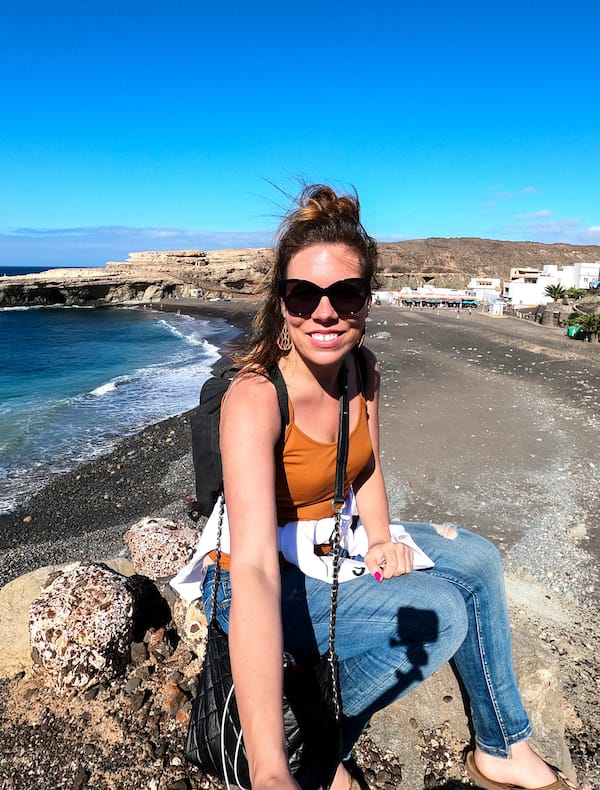
Megan is a travel blogger and writer with a background in digital marketing. Originally from Richmond, VA, she now splits her time between Frankfurt, Germany and Arctic Finland after also living in Norway, Armenia, and Kazakhstan. She has a passion for winter travel, as well as the Nordic countries, but you can also find her eating her way through Italy, perusing perfume stores in Paris, or taking road trips through the USA. Megan has written for or been featured by National Geographic, Forbes, Lonely Planet, the New York Times, and more. She co-authored Fodor’s Travel ‘Essential Norway’ and has visited 45 US states and 100+ countries.


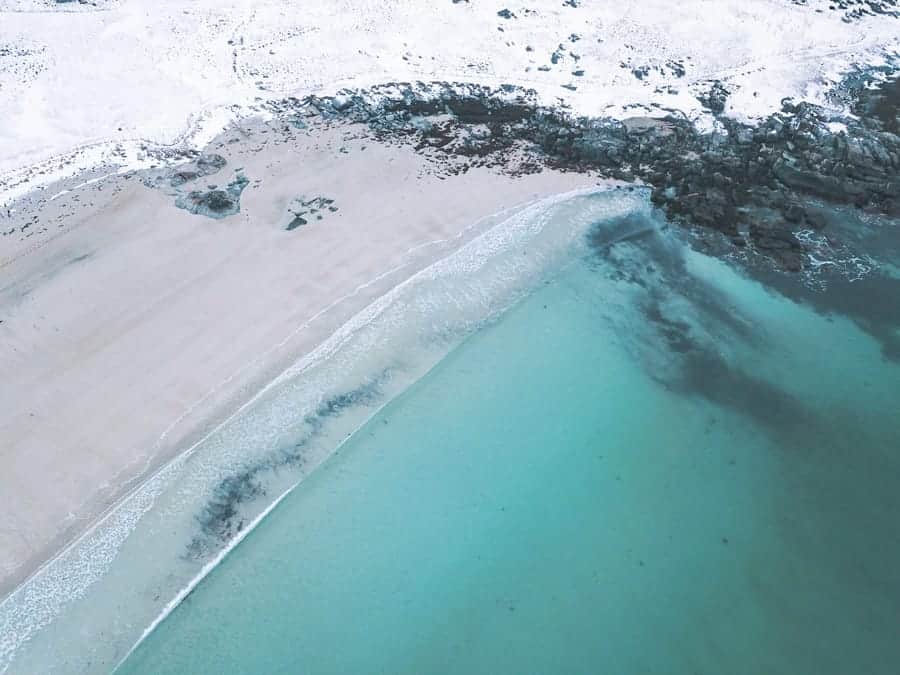

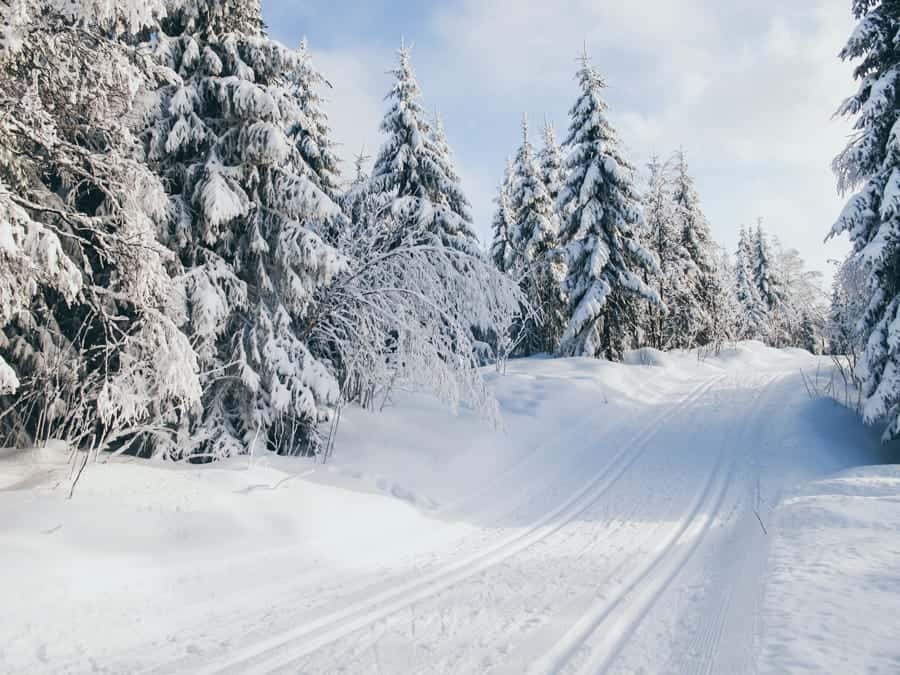
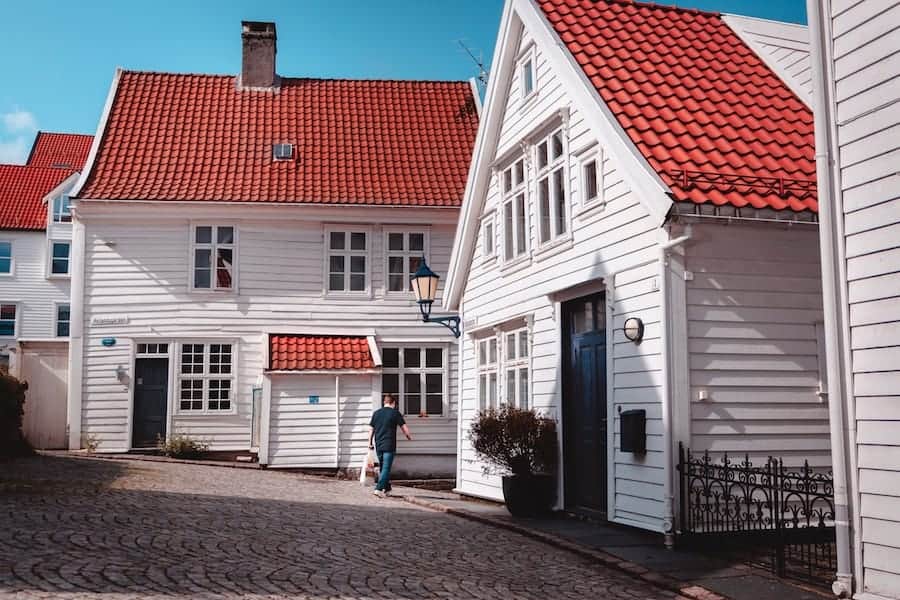

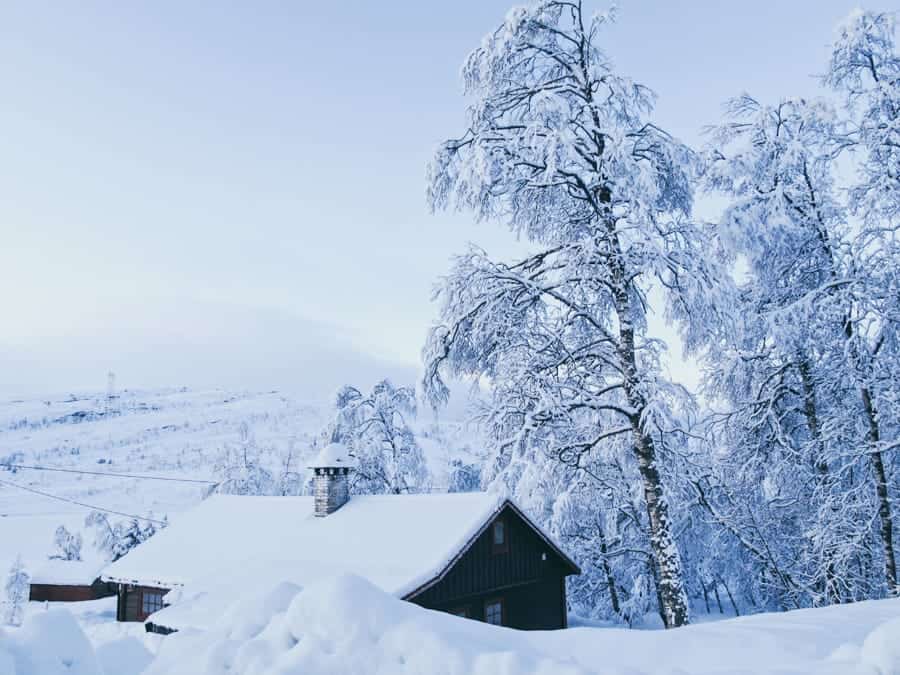
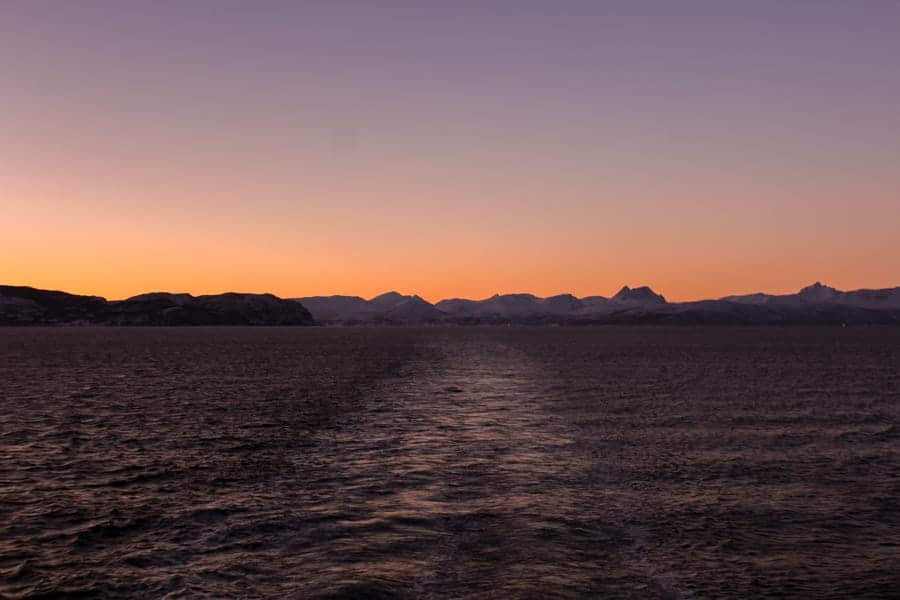

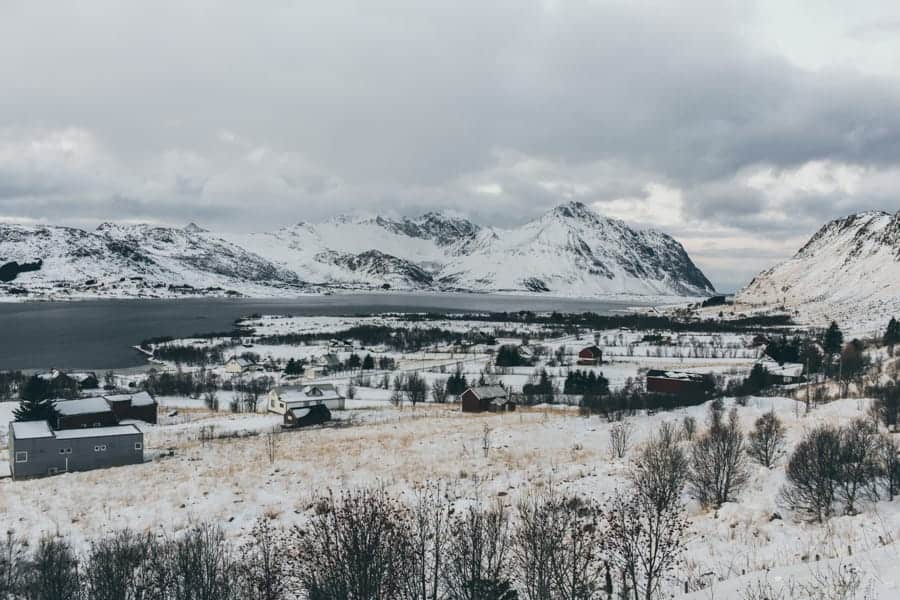
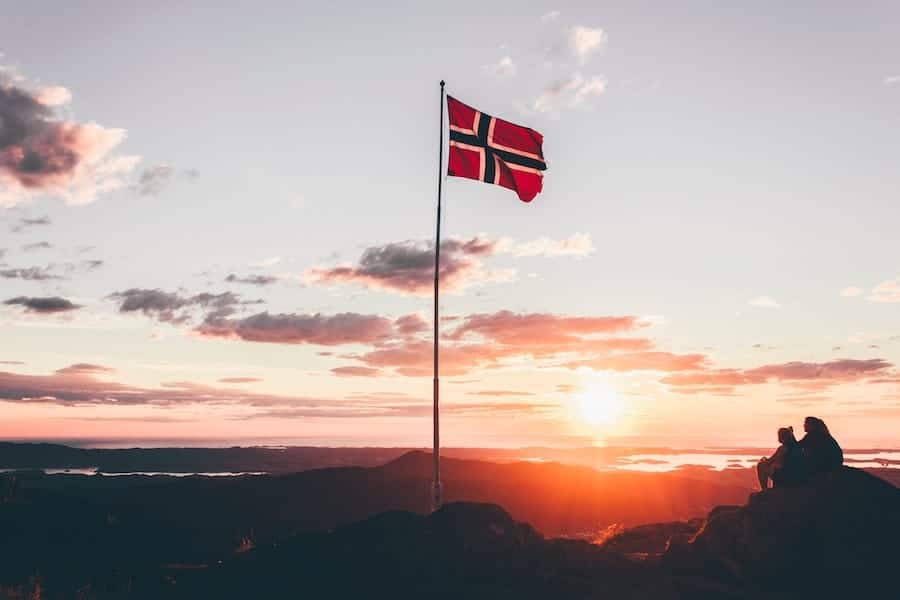

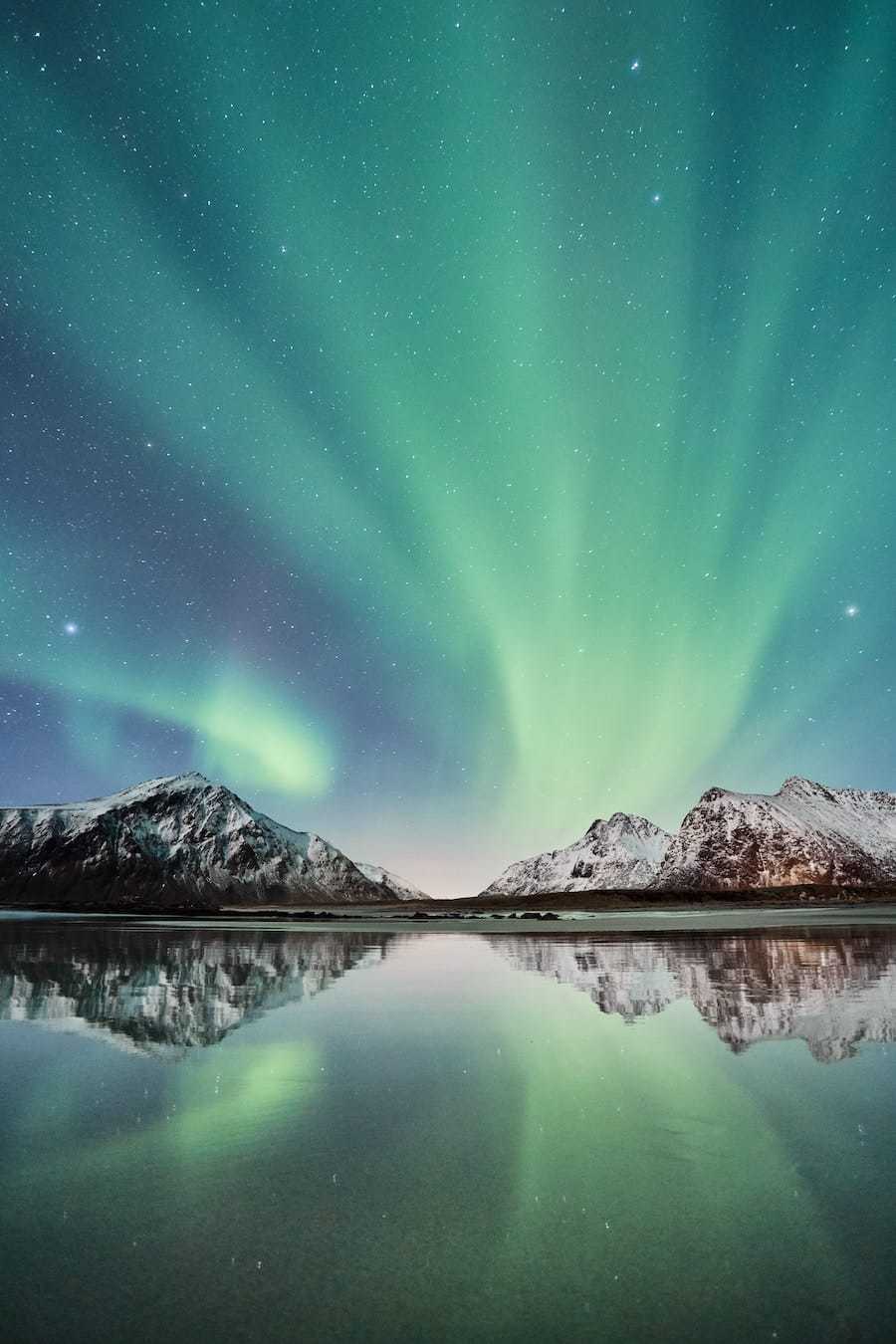
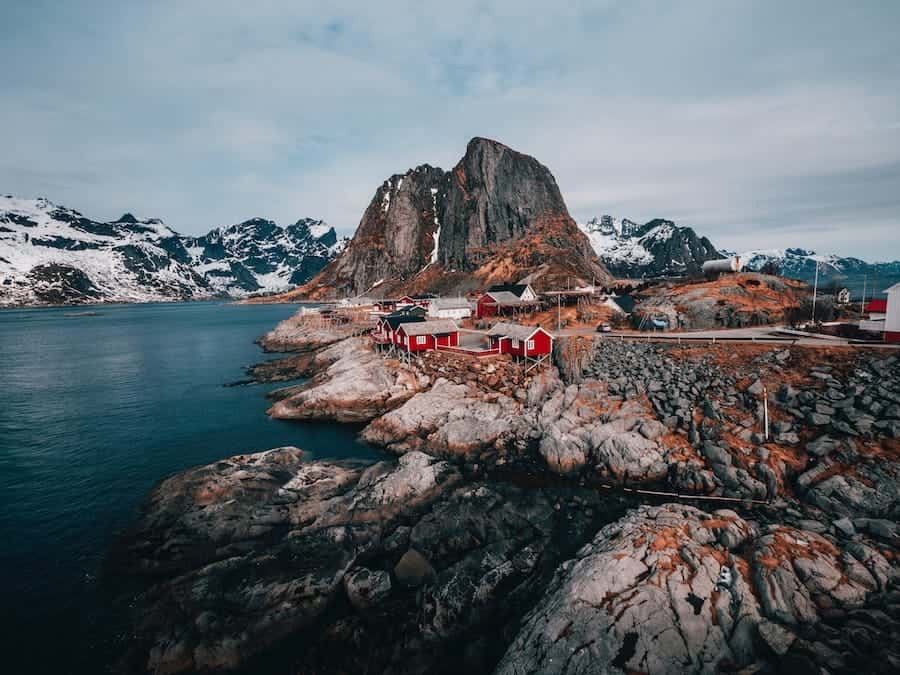
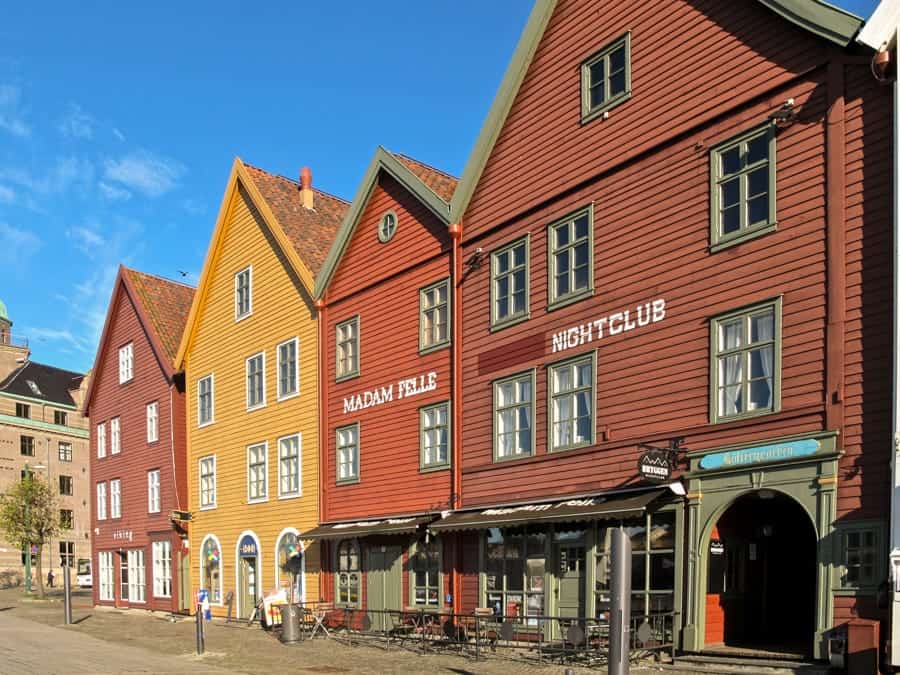
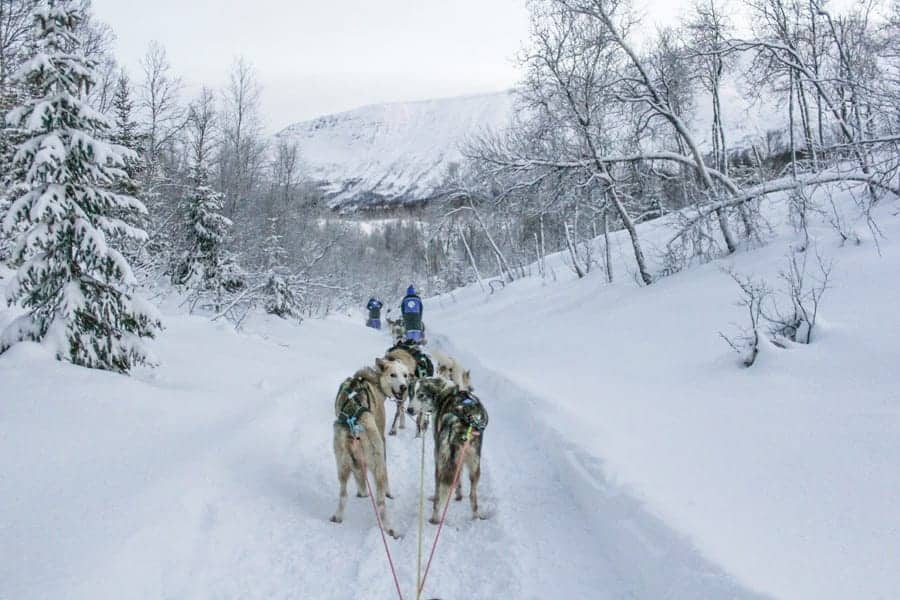
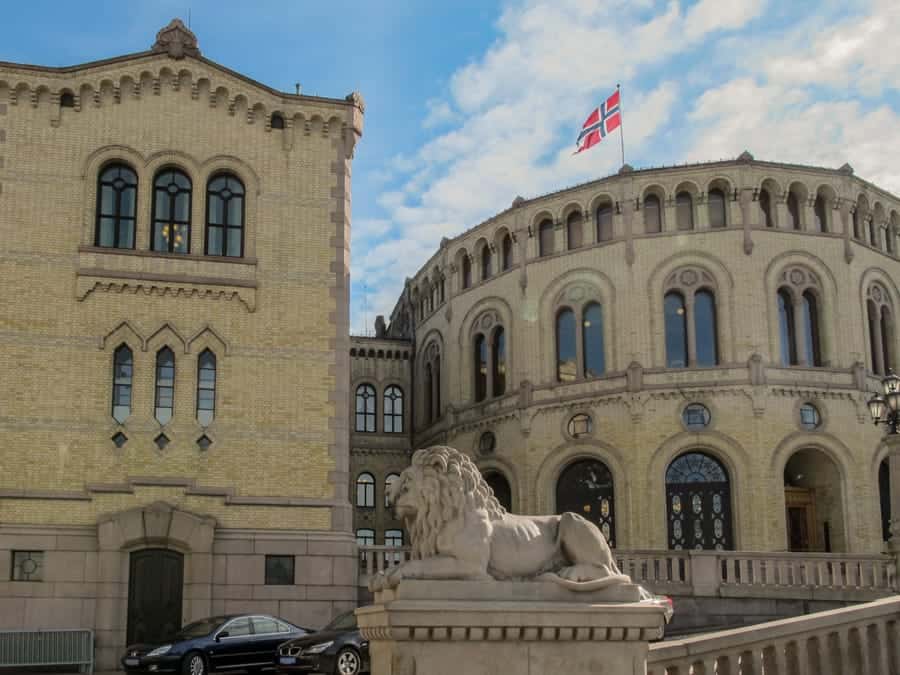
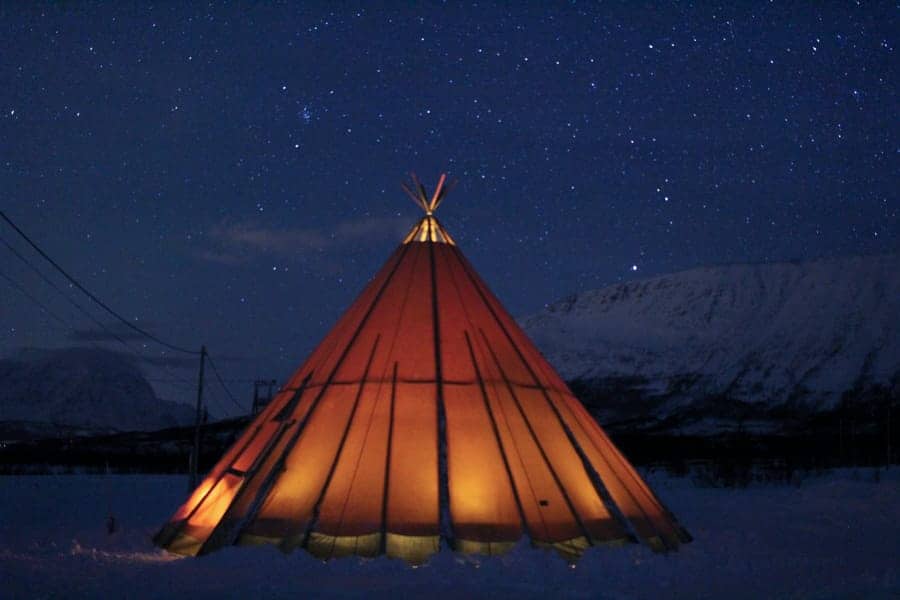
Loved this post! So interesting to read about these things from a non-Norwegian’s point of view. So many things I have never even really thought about, just accepted! I agree with you about vacation in July.. I’m always like “I REFUSE to leave Norway in summer!” It’s goooorgeous and the whole atmosphere is completely different! Klem!
i know right?!?! norway is the place i want to be in july and i dont want to escape somewhere brutally hot!
hoping you’re coming home soon so we can meet up when im not wearing sweatpants and a bright yellow sweatshirt ;) hhahah!
Great post! I absolutely love the idea of just being able to slap a tent wherever you happen to be for the night… that sounds so much better than having to find a decent campground. And Norwegian banking does sound just the same as German banking, which is about the most convenient/wonderful thing ever.
I just discovered Yogi teas a month ago, and have been working my way through all the different kinds. I have 7 or 8 boxes in the kitchen right now… I don’t think I can go back to regular tea now, they are so good! I’m dying to know which one is banned… and why??
i completely agree with being able to hike or pitch a tent anywhere! makes traveling around the country so much easier when i have options aside from super expensive hotels!
yogi teas rock! my favorite is blueberry green slimming tea. totally banned in norway ;)
I pretty much agree with everything you mentioned, except for the fact that Norwegians don’t complain and that the public transportation is incredible. Ugh, I work at a cafè and I swear when people are complaining about this and that I am actually afraid that they’re going to start throwing punches at me. Norwegians complain. A lot.
And the public transportation here in and around Oslo is absolutely horrific! I don’t know what it’s like anywhere else in Norway, but I definitely mostly use my car because the public transportation is almost non-existent and super expensive!
But definitely an awesome read! You mentioned several things I didn’t even know or had realized myself :p
hahhaha i think norwegians are so passive when complaining compared to americans! :) and i think the public transportation rocks here (ok…compared to the US and other places ive traveled). but i guess i should have stated i think it rocks more in oslo than other parts of norway! i hated bergen’s public transport. their bybanen was kind of pathetic i thought and didnt serve much more purpose than a bus.
thanks for your comment girl! glad to get a norwegian’s perspective <3
Nowegians do complain! A lot! There no shy and sometimes rude. I had my neighbor complain about my kids. They r small and they don’t understand that they might be disturbing our neighbors in different ways. No matter what I tell them they will forget soon enough. There is nothing I can do but I found it extremly rude when my Norwegian neighbor told me that I need some training to become a fit parent. Really!? You dont come to my apt and tell me that! She should get a life herself and mind her own business! Get that Norwegians!
I currently live in Germany and have found Germans to be above and beyond when it comes to complaining hahha! If Norwegians complained at all, it was far nicer than what I see here :P
Public Transport is great in Trondheim, compared to what I deal with in Canada…. except it’s pretty expensive like everything else.. and they now installed about 16 new bomstations (toll roads) … I think they are trying to phase out driving in city… it’s not a bad thing, but there are more people than buses here!
If you were afraid that they’re going to throwing punches at you,it’s because norwegians are psychopaths!
Interesting post! I think it’s amazing how much I expected everything to be just the same as my life in the US. Never did I think that I would have to pay to use the bathroom, pay to watch my TV or pay for the shopping cart! Thanks for making me realize that it wasn’t just me who was in shock by it all!
hahha! ohhhhh yes, nothing is ever free here! or in most of europe. i definitely took it for granted in the US.
i love when norwegians tell me ‘well we pay for the person who is maintaining the bathroom’…and them im like ‘then why is there no toilet paper and all toilets stink and are clogged?’ i dont believe the excuses ;) i also miss drinking fountains from the US. that was random but i thought id throw that in there!